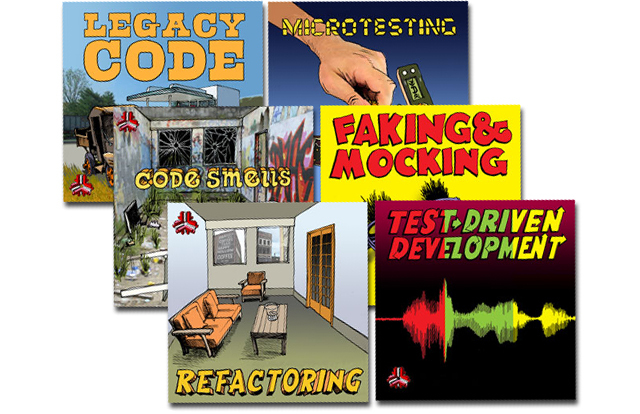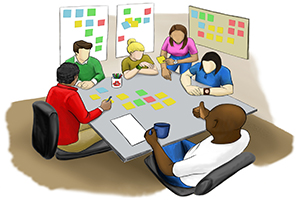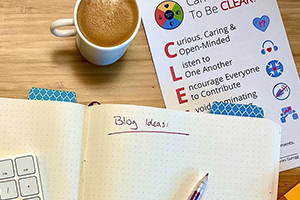In the world of software development, the idiom “eat an elephant one bite at a time” is particularly apt. It suggests that even the most daunting tasks can be accomplished through steady, incremental efforts. This philosophy can be applied to various aspects of software development, from product management to engineering practices.
People: Fostering Strong Team Dynamics
Small, focused meetings with team members are crucial for relationship building and ensuring that everyone is aligned with the project’s goals. These gatherings encourage open communication and collaboration, which are essential for a successful project.
Product Development: The Incremental Approach
Breaking down the product development process into epics, features, stories, and tasks allows teams to tackle complex projects in manageable chunks. By splitting stories and focusing on vertical slices, teams can create a Minimum Viable Product (MVP) that serves as a functional starting point. This approach, often referred to as a ‘walking skeleton’, ensures that the product’s basic structure is sound before additional features are added. Keeping the batch size small ensures that changes are digestible and manageable.
Software Engineering: Quality and Efficiency in Code
In engineering, the practice of writing micro tests, making small commits, and adhering to principles of continuous integration and delivery are fundamental. These practices, along with refactoring and Test-Driven Development (TDD), help maintain code quality and facilitate a smooth development process. Pair programming and mob programming (mobbing) are collaborative techniques that not only improve code quality but also disseminate knowledge across the team.
Benefits: Why Small Steps Matter
The benefits of this incremental approach are numerous. There is less risk involved when changes are small and frequent. Teams receive faster feedback, which allows for quick adjustments and the ability to pivot when necessary. This methodology also leads to less wasted effort and work, as it’s easier to identify and correct issues early on.
How to Implement This Approach
To implement this approach, teams should constantly ask themselves, “What can we deliver today?” This question keeps the focus on delivering value incrementally and prevents the team from becoming overwhelmed by the scope of the project.
By doing small things the right way, software teams can indeed make a big impact.
It’s about building wisely, testing thoroughly, and delivering consistently. This is the path to creating software that not only meets but exceeds expectations.
Related Articles




